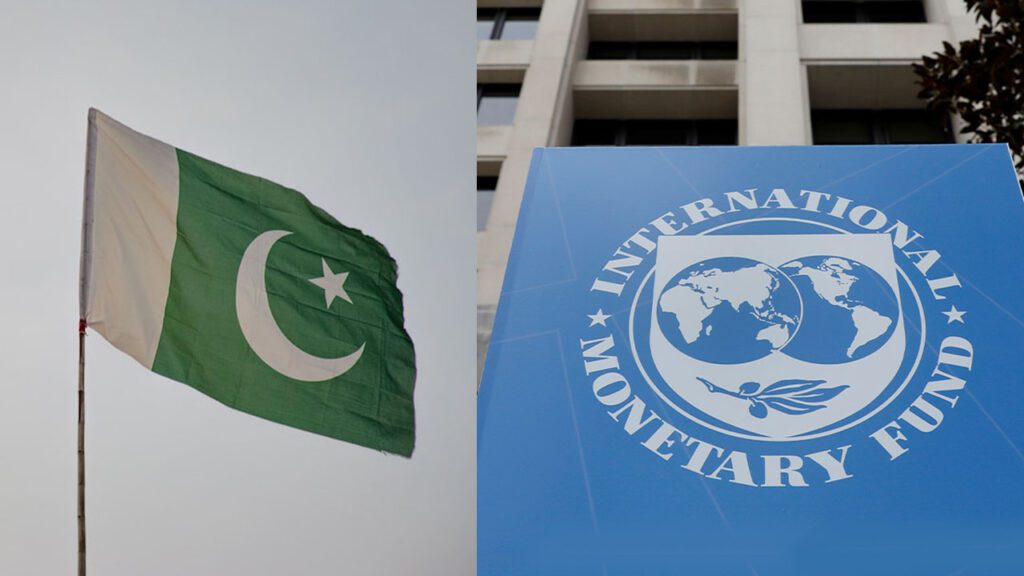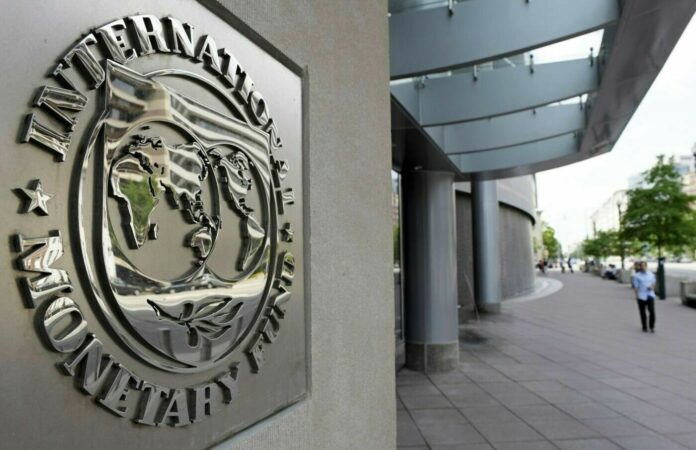Two new structural benchmarks (SBs) for stand-by arrangements (SBA) have been established by the International Monetary Fund (IMF). These include (i) notifying the semiannual gas tariff adjustment determination in December 2023 and (ii) creating a plan to strengthen internal control systems in the lending operations.
New structural benchmarks are suggested, according to the Fund’s most recent country report, which details the “first review under the Stand-by Arrangement, requests for waivers of applicability of performance criteria, modification of performance criteria, and for rephasing of access.”

Notice of the semi-annual gas tariff adjustment determination for December 2023 (February 15, 2024);
For the SBP to create a strategy to improve lending operations’ internal control systems in accordance with the suggestions made in the 2023 Safeguards Assessment (March 8, 2024),.
The SBs regarding the preparation and distribution of quarterly national accounts as well as the notification of the yearly rebasing for the fiscal year 2024 were satisfied.
Mid-August to early-September saw a missing SB on the average premium between the open market and interbank exchange rates. The SB average premium—which should not have exceeded 1.25 percent over the course of five consecutive working days—between the interbank and open market rates was not met by the nation.
Due in part to speculative activity and illicit trading, the continual SB on the average premium between the interbank and open market exchange rate was missed between mid-August and early September. Subsequent structural changes in the EU industry, however, ought to improve openness and governance while lowering the possibility of future aberrations.
According to the study, the SB has improved the governance of state-owned enterprises (SOEs) by:
putting the newly passed SOE law into practice by creating a policy that makes ownership structures and the duties that each federal government employee plays clear; and
At the end of November, significant advancements were made in SOE governance, including
The SOE Act has been operationalized into a policy that makes ownership arrangements and roles clear. Additionally, there has been significant progress made through ordinance amendments to the Acts of four selected SOEs to fully apply the new SOE Act; however, final amendments need to be completed via updated ordinance and/or approved by parliament.
The Fund reported that at the end of September, the authorities had achieved three indicator goals (ITs): the flooring
Regarding the FBR’s net tax revenue collection, budgetary expenditures for health and education, and the maximum amount of net tax refund arrears that can accumulate, Nonetheless, a lower-than-expected price established in the yearly rebasing and under-recoveries in August were the main reasons for the significant margin by which the IT on power sector payment arrears was missed.
The authorities satisfied six quantitative performance criteria (PCs) by the end of September 2023; the floors on
SBP’s net international reserves;
Spending on targeted cash transfers (BISP); limitations on the SBP’s FX swap/forward book;
the SBP’s net domestic assets;
The amount of government guarantees as well as the net government budgetary borrowing from the SBP.
The two continuing PCs were also met by them on:
Zero fresh SBP loan flow to the government; zero arrears for foreign public payments.
A narrow margin separated the general government primary budget deficit ceiling from reality; technical issues (exchange rate value of external finance flows) were responsible for this discrepancy.






